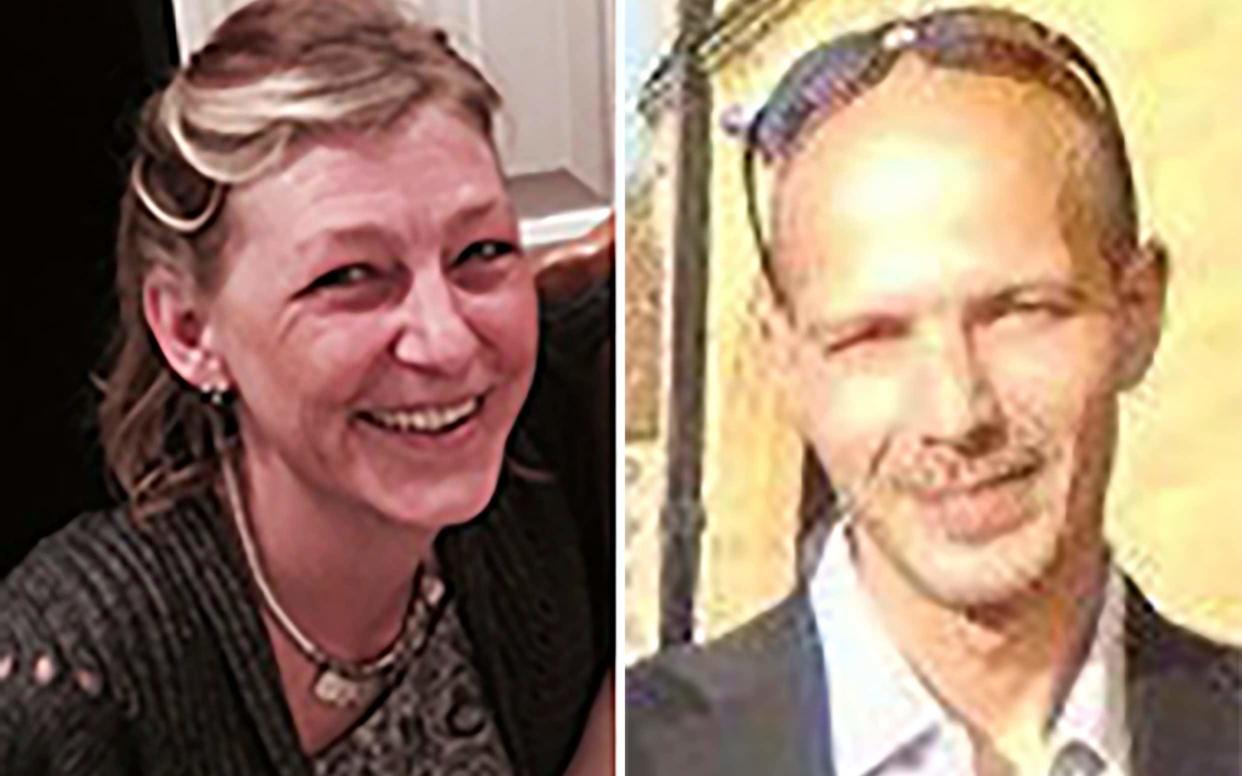Novichok paramedics suffering headaches and eye problems as service reveals staff are concerned over long-term health effects

Emergency crews who responded to the Novichok poisonings have reported feeling unwell after their exposure to the nerve agent.
Paramedics from the South Western Ambulance Service Foundation Trust (SWASFT) complained of symptoms including headaches, sore throats and eye problems after attending the two episodes in Wiltshire last year.
It came as the service revealed one of the victims, Charlie Rowley, was saved by an anti-nerve agent drug never before used on a patient in the UK.
Mr Rowley and his partner Dawn Sturgess fell seriously ill after accidentally coming into contact with the substance three months after it was used to target a former Russian spy in a nearby town.
Sergei Skripal and his daughter Yulia survived the suspected assassination attempt in Salisbury in March 2018, while Ms Sturgess died from her exposure in Amesbury several months later.
In the fallout of the two major medical responses, staff were given blood tests to ensure they were clear of Novichok.
Wayne Darch, the head of emergency preparedness, resilience and response at SWASFT, said none of the ambulance crews were left acutely unwell.

Asked about the less acute symptoms, he told The Guardian: “We don’t know, I don’t know what the low-level impacts of novichok would be. Are the headaches associated with it? I don’t know.”
All crews who responded to the incident were cleared to return to work by occupational health specialists acting on the advice of Public Health England, SWASFT said.
They and their families were also offered counselling sessions, health monitoring and advice among a range of precautionary measures, it was claimed.
A spokesman added: “We recognise that this was a difficult and uncertain time for our crews...access to this support continues to be available to any member of staff who has any ongoing concerns.”
Last night it also emerged that paramedics had used an anti-nerve agent drug on Mr Rowley at the scene, after quickly realising he may have been chemically poisoned.
The treatment has been at the disposal of ambulance crews in Britain since the rise of Islamist terror groups in the past decade, but until then it had never been used on a patient.
Mr Rowley had earlier found what appeared to be a bottle of perfume in a charity shop bin and given it to Ms Sturgess, not realising it actually contained Novhicok.

Authorities believe it was the same sample used in an assaniation attempt allegedly ordered by Russia against double agent Mr Skripal at his home in Salisbury.
Yesterday, Mr Darch said the actions of the paramedics had been the difference between life and death.
“The crew that attended Charlie took a particular course of treatment - when that wasn’t effective, they suspected that it may be nerve agent,” he told The Guardian.
“They did a fantastic job under difficult circumstances and undoubtedly saved Charlie’s life.”
Mr Darch said the commander in charge of the control room at the time of the two 999 calls - first for Ms Sturgess and then for Mr Rowley - had helped respond to the attacks on the Skripals.
“It’s unusual that we would get called to the same address on the same day for two separate patients,” Mr Darch said.
The commander went to Mr Rowley’s address in person, where the paramedics put on protective clothing when the scale of the threat became apparent.


